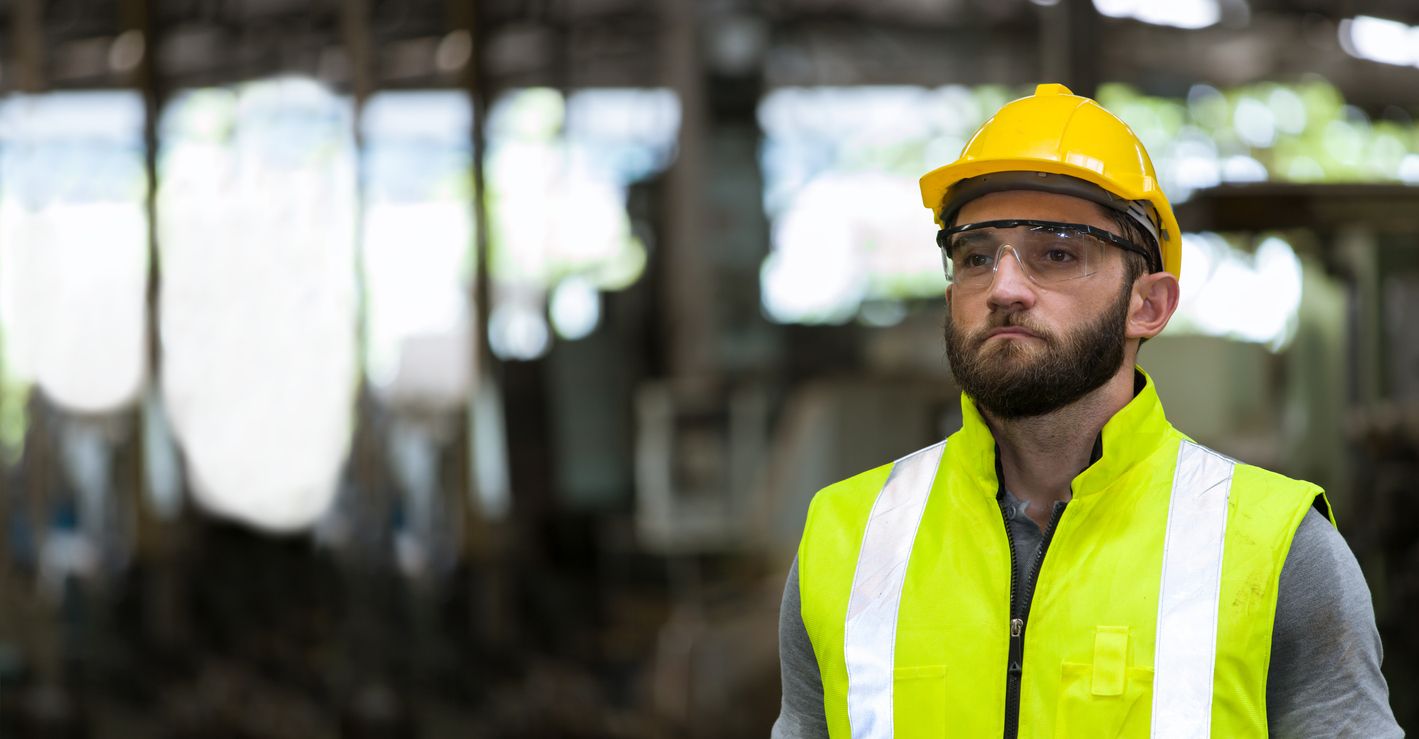What makes a good GPR-C Technician?

Is post secondary education necessary?
Absolutely not
How Difficult Is It?
Technicians visit many construction sites and end up shooting the breeze with many people. They often get asked questions about their work, and how the technology works. Every so often, a technician will meet someone who seems interested in taking it up as a career. Some of these people are of a certain "type". They think the job is just taking "radar pictures" and transferring the info from the screen onto the concrete - in other words, very low effort. These people make terrible technicians!
Like most jobs, some days are pretty easy, and some days can be quite ... "challenging". The average day is a good mixture of mental and physical effort.
The mental part involves applying the knowledge and procedures acquired in this training to interpret radar data. This means using GPR to its limits and figuring out the best procedures to follow on where/how to collect that data. The subject matter itself is definitely not university degree level science, but it's also definitely above "watching YouTube videos".
The physical part involves being on the knees for long periods. It doesn't sound strenuous, but on some days there is quite a lot of moving around chasing and investigating "targets".
Like most jobs, some days are pretty easy, and some days can be quite ... "challenging". The average day is a good mixture of mental and physical effort.
The mental part involves applying the knowledge and procedures acquired in this training to interpret radar data. This means using GPR to its limits and figuring out the best procedures to follow on where/how to collect that data. The subject matter itself is definitely not university degree level science, but it's also definitely above "watching YouTube videos".
The physical part involves being on the knees for long periods. It doesn't sound strenuous, but on some days there is quite a lot of moving around chasing and investigating "targets".
Ideal Candidate
If you're thinking of making a cutting/coring technician into a GPR-C technician, make sure it's a good fit. If the coring technician is the type to "not stop when the water disappears", then it's a safe bet that their scans shouldn't be trusted. If they're quick to blame someone else, they'll be quick to blame the limitations of GPR.
A good technician is someone that
A good technician is someone that
- gets a kick out of troubleshooting and figuring stuff out, as opposed to someone that gets frustrated quickly, gives up, and blames the limitations of the technology.
- has the grit to stick it through when what looks like a 15 minute scan turns into an hour long scan (rare but does happen).
- has an interest in the construction industry.
- has good communication skills, which is especially important since they have to convey the scan results and the associated risks to different clients with different levels of familiarity with construction
- takes pride in doing quality work
- isn't afraid of heights ;)
Featured links
Get in touch
-
hello@focuscage.com
Copyright © 2026

